I will never forget the meeting at the airport hotel in the late 1980s. With the encouragement and blessing of Kenneth Taylor ’38, Litt.D. ’65, I and five other biblical scholars were there to discuss a revision of The Living Bible. Ken had produced this work, a paraphrase of the American Standard Version, specifically to communicate biblical truth to his children. We all know what happened. The Living Bible became much more than an aid for promoting spiritual growth in one family in Wheaton, Illinois. With Ken’s determination to cast the Scriptures in language and forms that people actually speak and understand, it broke down barriers between the sacred text and modern readers.
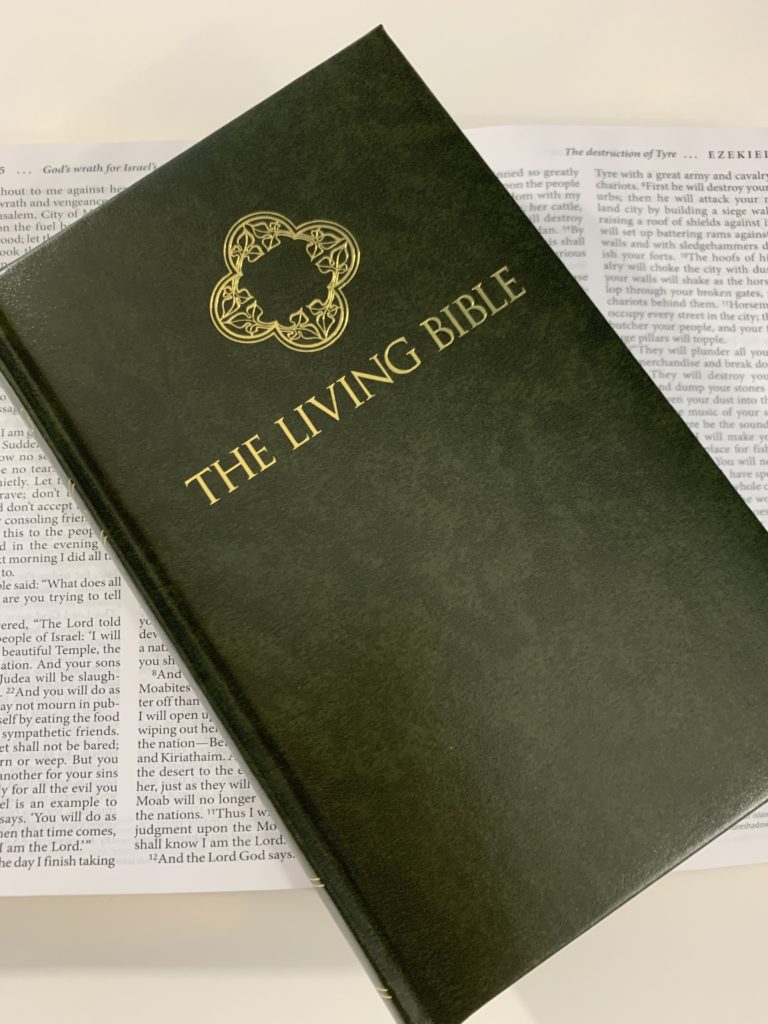
Ken Taylor was sharply criticized, and in many circles The Living Bible was viewed as a sinister project that not only represented idiosyncratic interpretations of one individual, but with its loose renderings of treasured texts also undermined the authority of the Scriptures. For his part, Ken felt that scholars often were more interested in preserving formal equivalence in translation than actually communicating the Scripture’s life-giving message. Nevertheless, Ken authorized the leaders in his company, Tyndale House Publishers, to engage evangelical biblical scholars to address the problems the critics had raised.

We spent that first weekend asking each other what it was about The Living Bible that gripped the imagination of millions of people in the English-speaking world, and exploring how that quality could be preserved even as we addressed the problems that many—especially biblical scholars—had with Ken Taylor’s work. The decision was made to appoint a Bible Translation Committee (BTC) that included six biblical scholars (general reviewers) to lead the project. In addition, three scholars would assist in drafting a base translation of one or more books for the BTC to discuss and approve. Unlike the original Living Bible, which was a paraphrase, this New Living Translation (NLT) would be a true translation, based off the original Hebrew and Greek. Since all translation involves interpretation, however, sometimes we on the committee would disagree on how a passage was rendered; but after a discussion a vote would be called, and in the end the majority ruled.

Although the translation philosophy underlying the NLT is generally classified as a dynamic equivalence theory, for us the question was more practical: If this biblical book were written today, how would the author have written it? The question applies both to vocabulary and syntax. Formal translations (“word for word”) are not necessarily more accurate, because few words in any source language have the same semantic range as the words in the target language. Jesus’ quotation of Deuteronomy 6:5 demonstrates that the Savior himself had adopted NLT’s translation theory:
| Deuteronomy 6:5 | Luke 10:27 |
| You must love the LORD your God with all your heart (leb), all your soul (nephesh), and all your strength (me’od). | You must love the LORD your God with all your heart (kardia), all your soul (psyche), all your strength (ischus), and all your mind (dianoia) |
How could Jesus render a statement that had three critical elements in the Hebrew original with four Greek words? The answer is obvious when we realize that Hebrew leb cannot be fully represented with a single word “heart.” In almost half the occurrences in the Old Testament, the word represents primarily the seat of thought, rather than the seat of the will or emotion. Therefore to represent it with only one word in the target language is to skew the meaning, which apparently led Jesus to add “with all your mind” at the end. Here a word for word translation would have been lexically precise, but inaccurate in meaning.
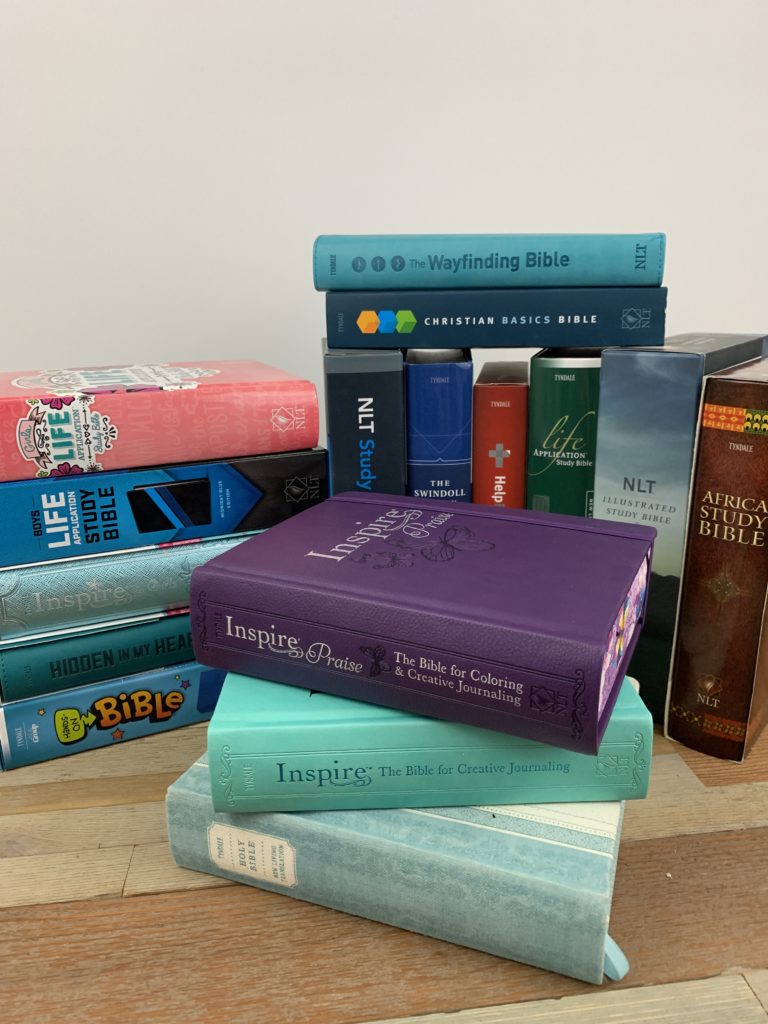
The first edition of the NLT was formally celebrated in 1996, and a thoroughly reworked version was published in 2004. More than 27 million copies of the NLT have been sold over the past sixteen years. As a participant in this project almost from the beginning, I must say there is no greater honor than to be involved in the communication of the Word of God, and there is no greater blessing than to hear the stories of those for whom the Scriptures have come to life, and actually for whom the Scriptures have brought them to new life in Christ Jesus.
This article was originally published in the winter 2013 issue of Wheaton magazine, a publication of Wheaton College (IL). www.wheaton.edu/magazine

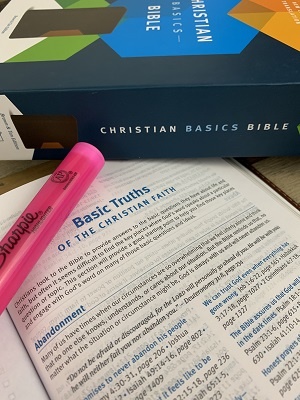



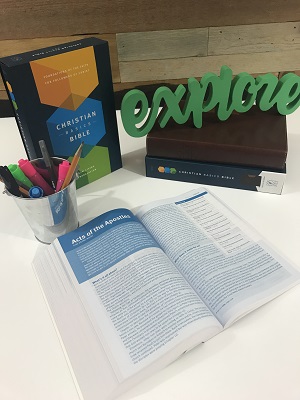






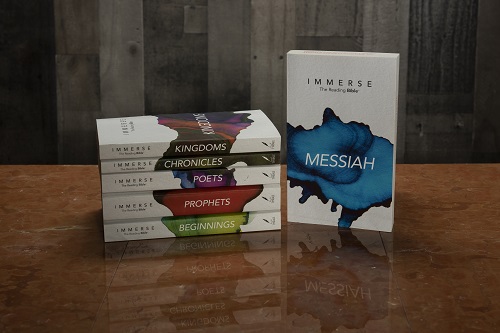
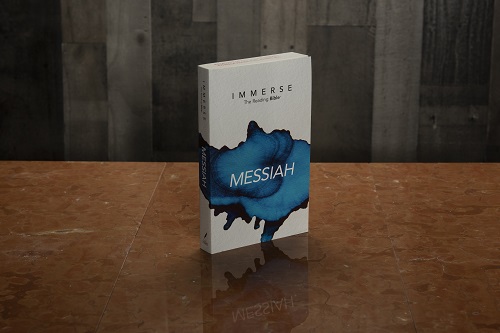


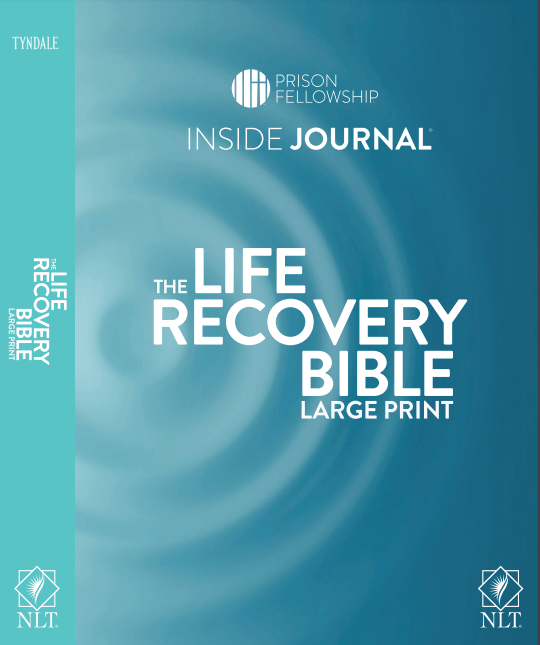













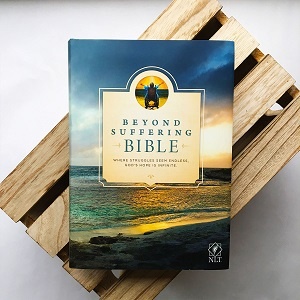








Recent Comments